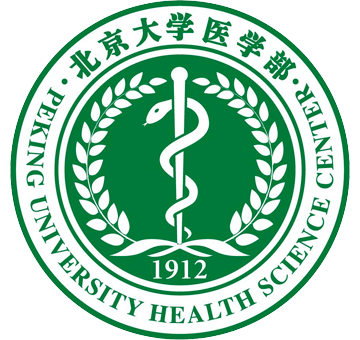
Yahong Chen, MD
JI Program: Pulmonary
Status: Completed
Asthma is one of the most common lung diseases worldwide, with the prevalence, especially in low and middle-income countries, increasing every year for the past decade. The prevalence of asthma in China has risen sharply coinciding with an increase in ambient air pollution, a well-known risk factor for the development of asthma. Although epidemiologic data support a strong link between air pollution and asthma prevalence, the pathologic mechanisms by which pollution contributes to asthma, and in particular asthma severity, are poorly understood. This project seeks to understand the extent to which asthmatic patients in China are affected by ambient air pollution, and determine how epigenetic mechanisms contribute to the ability of air pollution to worsen asthma severity. The investigators aim to: 1) determine how longitudinal exposure to particulate matter contributes to both DNA methylation changes of specific genes and to worsening symptoms, decline in physiology, and increase in frequency of asthma exacerbations of adults with moderate-to-severe asthma in China; and 2) determine the mechanism by which particulate matter alters the DNA methylation of key genes in bronchial epithelial cells. The work should help provide a better understanding of how air pollution contributes to chronic airway inflammation in asthma, and to establish a role for DNA methylation changes as a mechanism by which this occurs. It should also serve as the basis for future collaborations, bridging the clinical and basic science research strengths between the partner institutions, allowing greater determination of the factors that contribute to uncontrolled moderate-to-severe asthma and the epigenetic mechanisms that regulate various facets of asthma pathogenesis.
Outcomes
- 50 patients with moderate-to-severe asthma were recruited at PKUHSC with samples collected.
- DNA from both whole blood and isolated T cells have been transported from PKUHSC to Michigan Medicine for analyses.
- 1 PhD student from PKUHSC had a 4-month training at Michigan Medicine.
- 2 abstracts were presented at the American Thoracic Society in 2017 and 2018.
Publications
- Tripathi P, Deng F, Scruggs AM, Chen Y, Huang SK. Variation in doses and duration of particulate matter exposure in bronchial epithelial cells results in upregulation of different genes associated with airway disorders. Toxicol In Vitro. 2018 Sep;51:95-105. PMID: 297530511.



